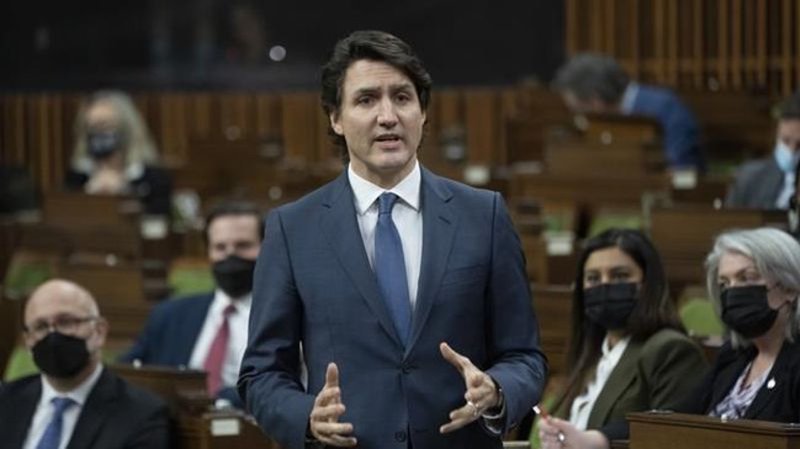
Emergencies Act passes Commons vote and Ukraine on edge: In The News for Feb. 22
In The News is a roundup of stories from The Canadian Press designed to kickstart your day. Here is what’s on the radar of our editors for the morning of Feb. 22 …
What we are watching in Canada …
A motion to approve extraordinary, time-limited measures in the Emergencies Act, passed Monday night, mostly along party lines.
Prime Minister Justin Trudeau invoked the law last week in a bid to end blockades in Ottawa and at several border crossings.


